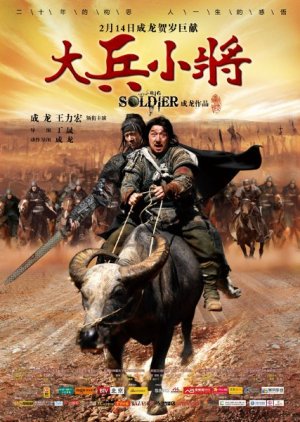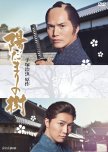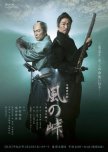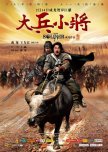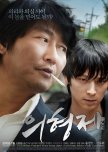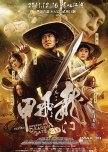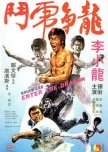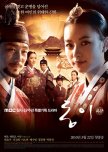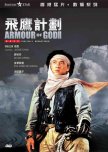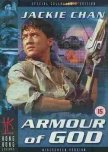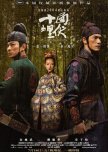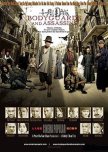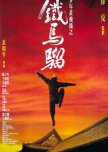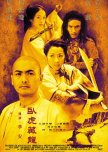
Most media set during the Warring States period tend to pack on backstabbing politics, tragic romance, and lofty themes. Don't expect such things here. Little Big Soldier never attempts pretense, content to remain a straightforward buddy/road-trip fusion with a simple message. Its narrative follows a "small potatoes" conscript who has the luck to capture an enemy general. We mostly follow the pair in their dangerous trek across the Chinese wilderness, facing down nature and war-born troubles.
But the mood generally stays light. Continuing in the spirit of many Chan vehicles, even action sequences are infused with comedy. Add to this finely choreographed fights and appealing situations; the result is an amusing and fast-paced film, if an uncomplicated one. If issues exist, they manifest themselves within the last ten or so minutes. The outcome seems to betray the established mood of the film and (while groundwork for the ending is laid), it nearly takes the air out of the entire experience.
Jackie Chan may come to mind more for physical prowess, but his performance as the soldier is exceptional. Cowardly and street-smart, this character is startlingly deep and explored with careful maturity. Wang Lee Hom acts well and is believable as the general; though alone he does not sparkle, his chemistry with Chan is insanely dynamic. Any scene they have together is utterly wonderful; I would watch Little Big Soldier again for this aspect alone. Definitely watch this if you like bromance, unique action, and of course, Jackie Chan. Other highlights include: incredible scenery, sharp cinematography, and a cute blooper reel during the credits.
If you pay attention to music, the orchestrations are high quality. Of those that stand memorable, vocals by the lone female character and the soldier are best. I don't think I'll ever forget the lyrics, "a big road leads to my home," and perhaps you won't either.
Esta resenha foi útil para você?

According to the film, the seven kingdoms became China because a farmer and a prince exchanged roles in terms of their deepest held convictions. The farmer wants to live, embracing peace, understanding, and sensible compromise. The prince wants to live too but to live proudly and honorably even if that means war and death.
It’s hard not to empathize with the farmer, but by film’s end, as the credits role, you can’t help but to see how right the prince was to do as he had done despite the destruction of his army and the suffering of his people. To live in peace means very little without pride and honor. So much for the film’s thematic content. Cinematography-wise, the film is first rate, even breathtaking. The OST is impressionable, and the acting...Well what can I say? Jackie Chan is so likable, and he was especially so in his moments of repose when he would persuade Wang Leehom, who plays the Wei crowned prince, of life's preciousness.
A fellow reviewer mentioned that this film was a labor of love, that Jackie Chan had spent decades trying to get it on film. I'm grateful that the "greatest action star in film" was as stubborn and as dogged as he was.
Esta resenha foi útil para você?

